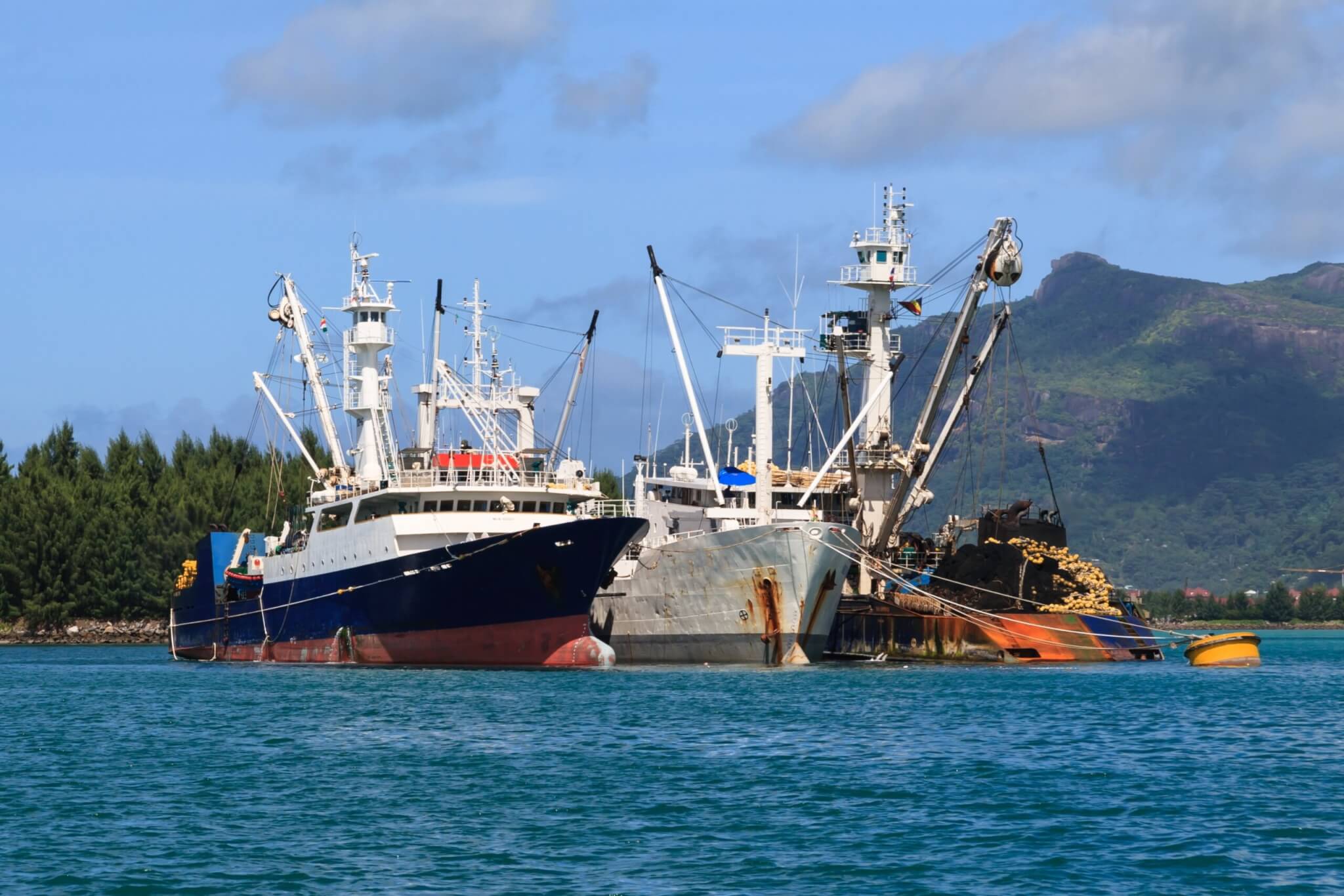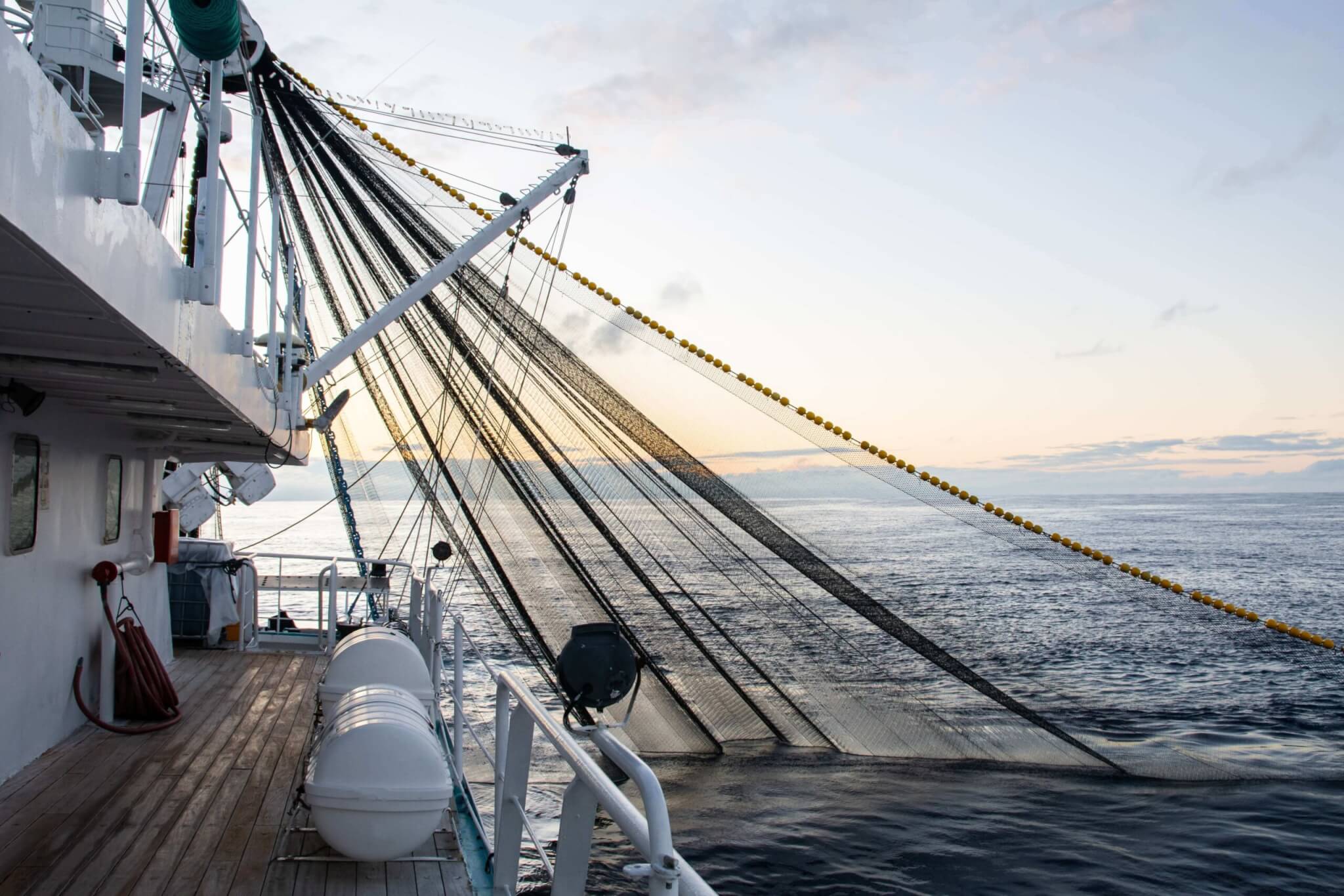
ISSF Participating Tuna Companies Achieve Full Compliance with 30 Science-Based ISSF Conservation Measures
The International Seafood Sustainability Foundation (ISSF) has released its sixth annual Update to ISSF Conservation Measures & Commitments Compliance Report, which shows a conformance rate of 100 percent by 26 ISSF participating companies with all 30 ISSF conservation measures in effect. Following the remediation period, all 26 companies were fully compliant with all 30 measures audited.
As part of its commitment to foster transparency and accountability in the fishing industry, ISSF engages third-party auditor MRAG Americas to assess ISSF participating seafood companies’ compliance with ISSF conservation measures according to a rigorous audit protocol.
ISSF participating companies — 26 leading #seafood processors, traders, importers, and transporters worldwide — have achieved 100% compliance with our rigorous #conservation measures. Share on X“Since we began our compliance and audit process for ISSF participating companies in 2015, we’ve seen the conformance rate improve nearly every year, a heartening indication of industry’s growing openness to scrutiny and science-backed conservation efforts,” said ISSF President Susan Jackson. “We are especially proud to see consistently strong compliance from those seafood companies even as we have continued to expand our conservation measures — from 21 initially to 30 today — and raise the bar for them to reach.”
Three measures were newly in effect for the 2020 audit period, and all 26 companies were in full conformance with them:
- CM 2.4 Supply Chain Transparency, Audit, Reporting and Purchase Requirements
- CM 7.1(b) Controlled Vessels — Longline
- CM 7.5 Purchases from PVR Vessels — Longline
Details of the Updated Report
The November 2021 report is based on updates to the initial annual audit results published in April 2021, which showed one company had four “major” non-conformances with conservation measures in the prior year and one company had one “minor” non-conformance.
The rate of full conformance for each period since participating-company compliance reporting began is reflected below:
| ANNUAL COMPLIANCE REPORT | UPDATE TO ANNUAL COMPLIANCE REPORT |
| June 2015: 79.8% | No Update report published in 2015 |
| June 2016: 87.2% | November 2016: 95.6% |
| May 2017: 97.5% | November 2017: 100% |
| June 2018: 97% | November 2018: 99% |
| April 2019: 98.5% | November 2019: 99% |
| April 2019: 99.1% | November 2020: 99.4% |
| April 2021: 99.4% | November 2021: 100% |
The Update to ISSF Conservation Measures & Commitments Compliance Report is published each November to track ISSF participating companies’ progress in conforming with ISSF conservation measures like these:
- Demonstrating the ability to trace products from can code or sales invoice to vessel and trip
- Submitting quarterly catch, vessel, species and other data to RFMO scientific bodies
- Transactions only with those longline vessels whose owners have a policy requiring the implementation of best practices for sharks and marine turtles
- Establishing and publishing policies to prohibit shark finning and avoiding transactions with vessels that carry out shark finning
- Conducting transactions only with purse seine vessels whose skippers have received science-based information from ISSF on best practices such as reducing bycatch
- Avoiding transactions with vessels that are on an RFMO Illegal, Unregulated and Unreported (IUU) Fishing list
In addition to the summary compliance reports published in April and November, MRAG Americas issues individual ISSF participating company reports that detail each company’s compliance with the ISSF conservation measures for the year. If applicable, these will include “update” reports, published throughout the year, that explain how individual companies have remediated any non-conformances on the conservation measures.
More Information on ISSF Conservation Measures & Compliance
For long-term tuna sustainability, tuna companies worldwide choose to participate with ISSF, follow responsible fishing practices, and implement science-based conservation measures. From bycatch mitigation to product traceability, ISSF participating companies have committed to conforming to a set of conservation measures and other commitments designed to drive positive change — and to do so transparently through third-party audits.


